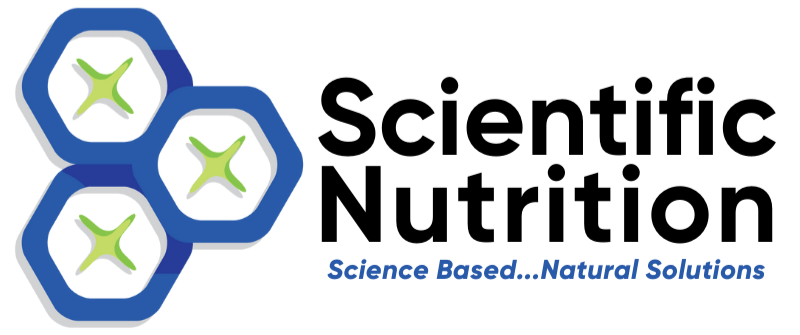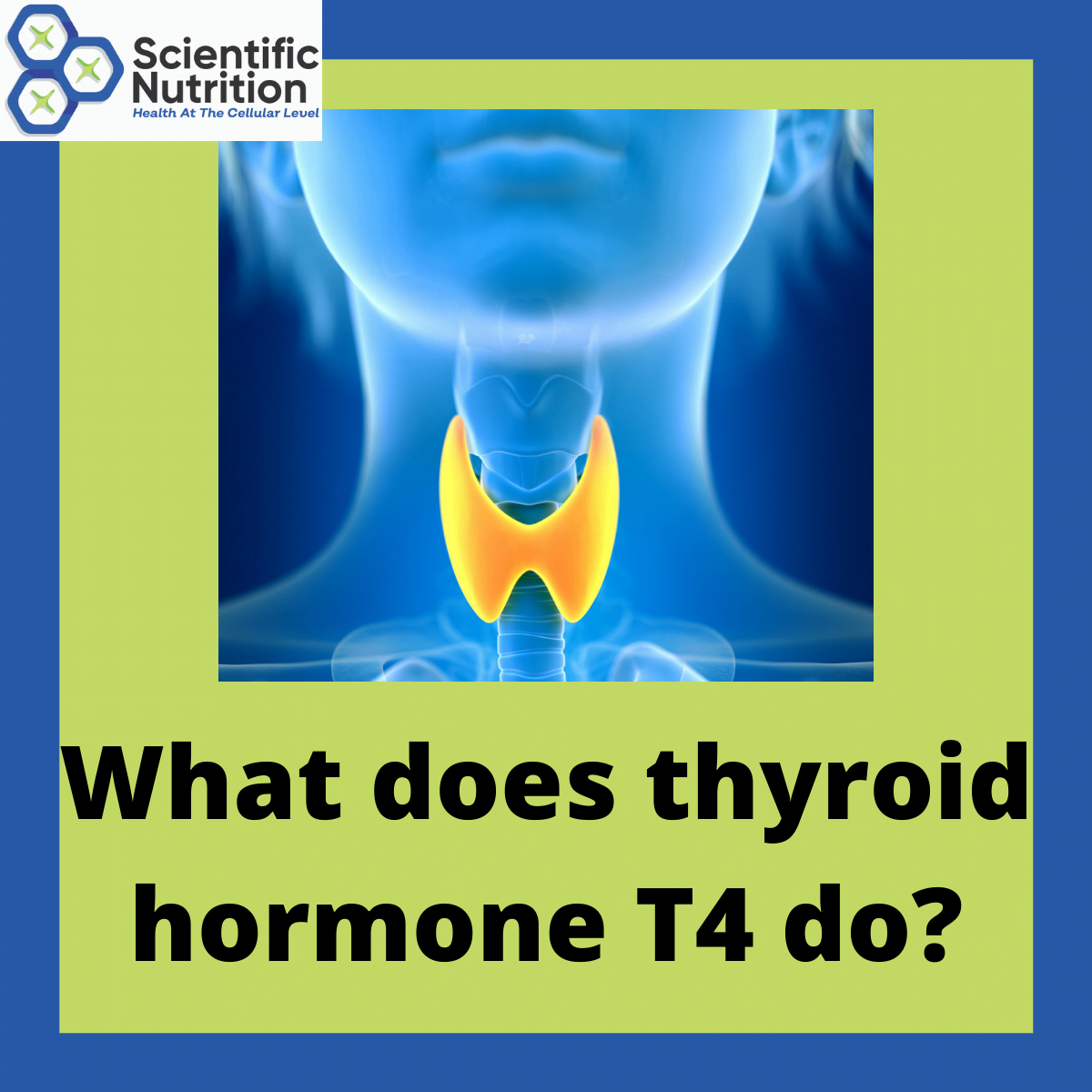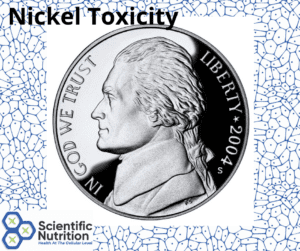What does T4 thyroid hormone do?
Your thyroid is responsible for making T4 (Thyroxine) which is an inactive form of the hormone. Your T4 hormone is responsible for your mood, body temp, digestion metabolism and helps to regulate your heart rate.
The process of your thyroid doesn’t start and end with your TSH blood level. As explained in my previous blog, the process starts in your brain then it continues from the pituitary gland onto the thyroid.
What is the difference between T4 and T3?
T4 and T3 work together to increase intestinal peristalsis and regulate stomach acid volume. The thyroid makes 90% of your T4 that needs conversion with the de-iodination (iodine) process into T3 (Triiodothyronine) for use as raw energy. If this conversion does not happen it results in hypothyroidism.
There are many reasons for this condition that I will explain throughout this series. When hypothyroidism is present it can cause inflammation, elevated cortisol hormone, intestinal dysbiosis or malfunction, and cell permeability issues. A common issue I see in hair analysis results is nutrient deficiency including low iron or selenium as well as low iodine levels that serve as co-factors for enzymes.
What makes T4 thyroid hormone?
Your thyroid produces 80-90% of your T4 hormone. Having a healthy gut is important for your thyroid as 10-20% of the T4 hormone is activated in the gastrointestinal tract by microbes and existing de-iodinase enzymes. These very important peroxidase enzymes activate or deactivate the thyroid hormones within the cells.
They tell your hypothalamus if it should make TRH (Thyroid Releasing Hormone) trigger the pituitary to make TSH (Thyroid Stimulating Hormone) turn the thyroid on to produce T4.
If pathogenic bacteria are present they will inhibit these enzymes that are essential for the conversion to T3 as well.
T4 is made at a 17:1 ratio to T3 BUT your T3 is 5 times more active. T4 is like gas in comparison to T3 being rocket fuel biologically!
What can cause a Thyroxine deficiency?
Although your T3 is most valuable, an autoimmune disease (i.e. Celiac Disease), toxins, fluoride, bromine, infection, radiation, medications, and trauma can result in a deficiency of T4 production.
Why is T4 not converting to T3?
60% of the T4 is converted in the liver to energy in the form of T3. There are many reasons for the failure of T4 to convert to T3 including:
- Mineral deficits of Manganese, Zinc, Selenium, Tyrosine, and Iron.*
- Vitamin deficiency such as E, B2, B3, B6, and C. It results in T4 being converted to Reverse T3 (which halts all production of thyroid hormones).
- Glyphosate, a chelating agent to strip metals is in the Roundup. It is an herbicide and a pesticide that can rob the body of Selenium* killing the conversion.
- Iodine deficiency inhibits absorption into the thyroid to create T4.
- Heavy Metal toxicity, particularly iodine antagonists Mercury or Copper.*
- Cell permeability issues cause the T4 receptors to the inability to carry it to the liver or receive it to the cell.*
- Adrenal burnout interferes with the thyroid.*
- High Calcium can inhibit TSH from being made in the thyroid.*
- Calcification of the pineal gland due to drinking fluoride and chlorine in tap water.*
- Eating too much bromine in bread products along with the chlorine and fluoride triggers inflammation taking months to a year to bring back to balance.
- Chemical exposures from pesticides, insecticides, Phalates, perfumes, soy, plastics, VOCs, cosmetics, autoimmune diseases, and air freshener.
- Impaired or clogged liver.*
- When cellular inflammation is present, T4 medications can convert to Reverse T3 (rT3) which is unusable.*
- A genetic mutation called a De-iodinase Polymorphism impairs conversion.
- Extreme stress, medications, infection*, low-calorie dieting, liver/kidney dysfunctions, and lack of proper enzymes or proteins* to produce the hormones.
(* causes can be shown on your Hair Analysis results)
What else can affect thyroid function?
There are 6 synthetic forms of T4 medications including Levothyroxine, Synthroid, Unithroid, Novothyrox, Levoxyl, and Tirosint. Armour is a natural product containing animal thyroid glands. If you have inflammation while taking T4, it adds gas to a fire. It then causes T4 to convert to Reverse T3 (again, the emergency brake to all hormones) and can make all symptoms worse.
While I never advise stopping medication, I’ve had many clients lower their medication and in the correction process, discontinue them with their doctor as the need is no longer there.
Low thyroid levels lead to an iron deficiency. If iron levels are low, thyroid medications are less effective so the adrenals will try to help compensate for low energy-draining iron stores starting the vicious cycle over.
Poor liver function. Dirty bile slows detoxification and digestion. If you are checking basic blood levels for liver health you will want to see your AST <20 (enzyme reflective of liver injury, damage to tissues, or cells) and ALT <20 (liver enzymes to break down proteins). If they show elevation, look into blood sugar and insulin levels as well.
If you feel like you have symptoms of an under or active thyroid, starting with blood work and an Orthomolecular soft tissue biopsy aka a Hair Mineral Analysis may be in order for you!
Hair Analysis and T4 thyroid hormone
As you can see there are MANY factors that play a role in your thyroid dysfunction. Very often a simple TSH test isn’t a clear yes or no. We can find the causes and apply natural solutions to help your thyroid function optimally over time.
LET’S CHAT for a complimentary consultation to learn which ones are causing you problems.
To learn more about Free T4.
Copyright Scientific Nutrition, LLC 2021




